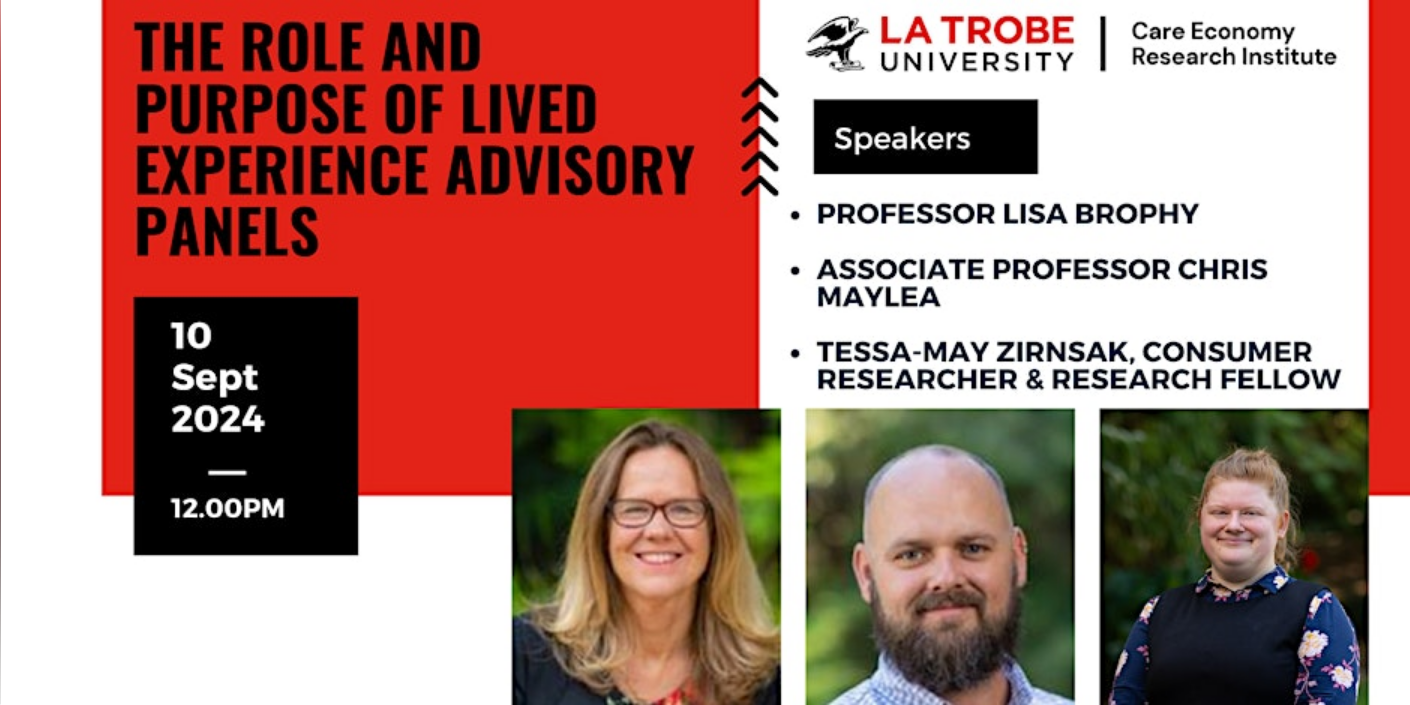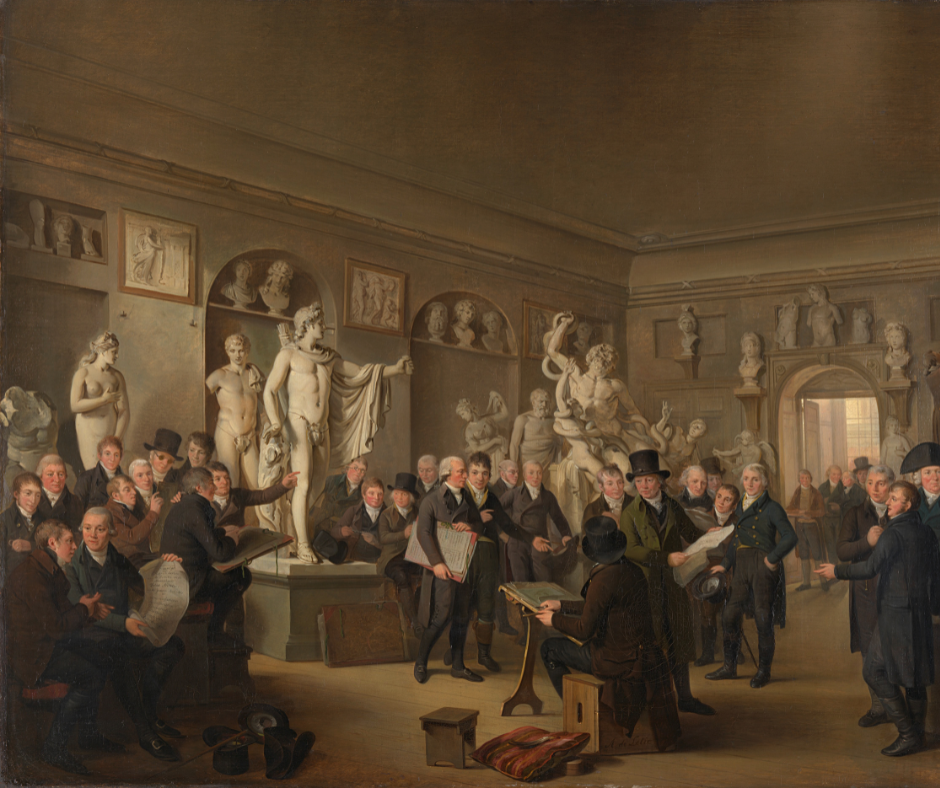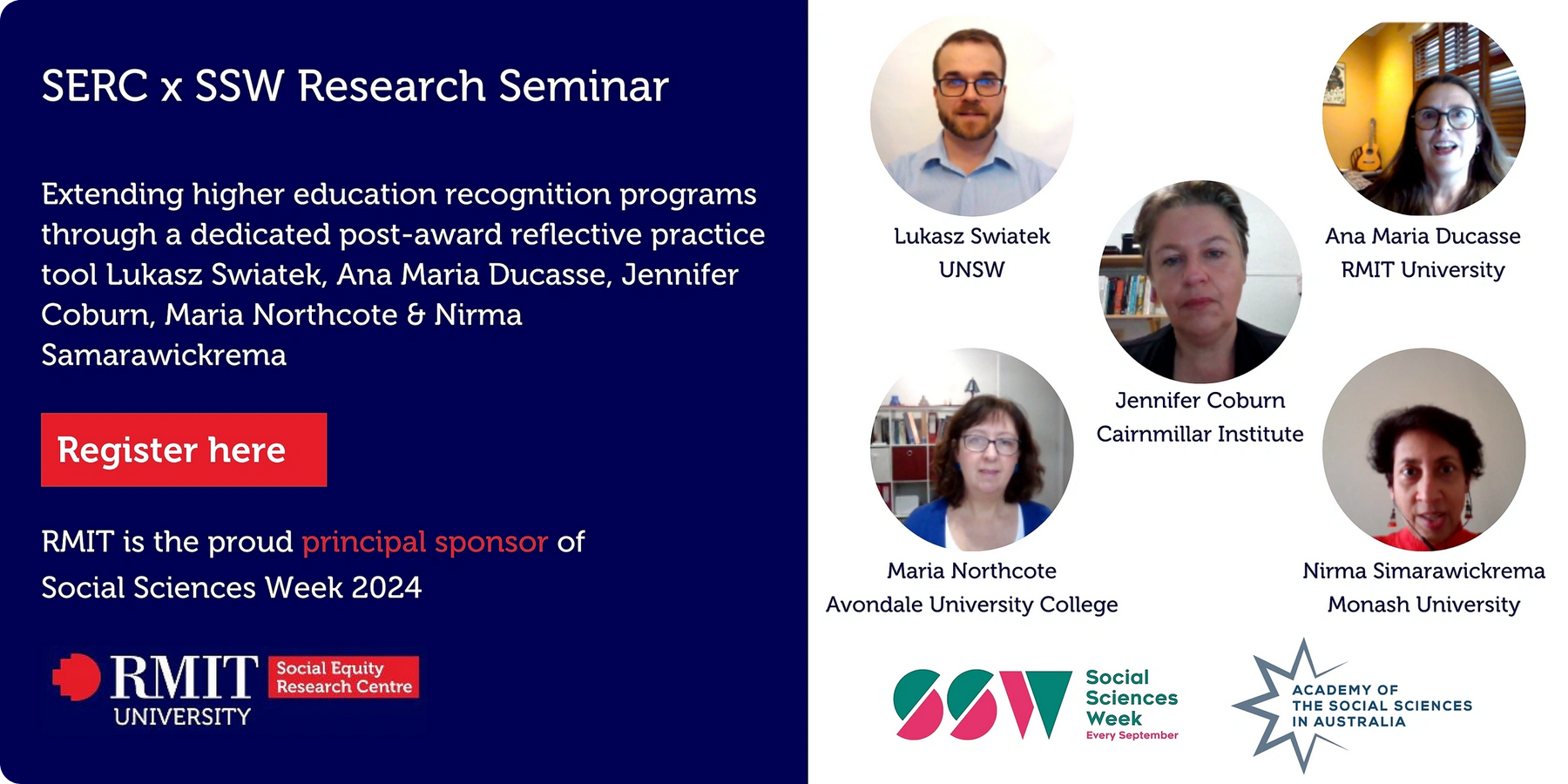Extending higher education recognition programs through a dedicated post-award reflective practice tool Higher education professional recognition programs, which lead to the awarding of such accolades as teaching and learning fellowships, offer participants opportunities to reflect carefully on their practice. However, few resources exist to help participants engage in reflection after the award-receiving stage. This reflection is important in helping participants not rest on their laurels and, instead, build on the practices for which they received recognition. Through a process of collaborative reflection, a group of fellowship-recipients, from different disciplines and higher education institutions, addressed this gap as stakeholder-participant-researchers by developing a transdisciplinary approach to undertaking post-award reflective practice. From this collaboration, a novel two-stage tool was developed using an iterative design methodology. The tool presented in this paper as the result of this research can be understood as a means of supporting self-paced, continued post-award reflective practice; the tool’s first stage guides users through retrospective reflection, looking back on previous achievements, while the second stage leads users through anticipatory planning, looking towards the future, to achieve fresh goals. The tool thus deepens the reflective practice of recognition program awardees and supports their ongoing professional development. This paper reports on the […]



